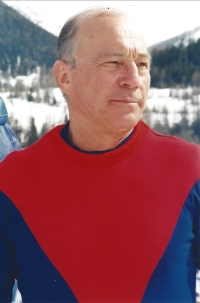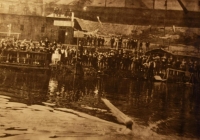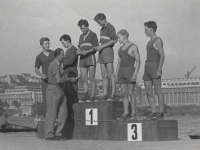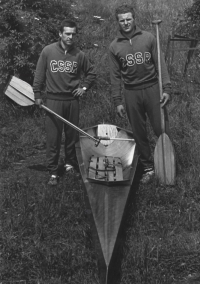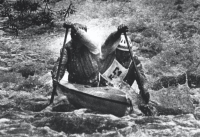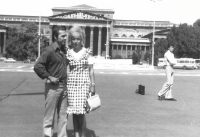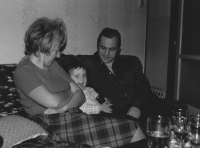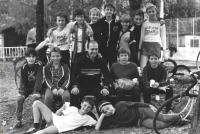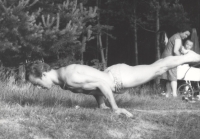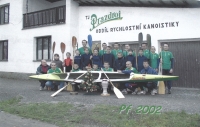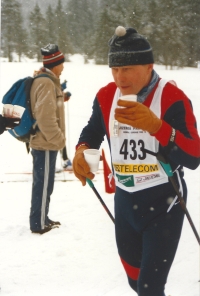Childhood at Karlov gave us a positive relationship to sport
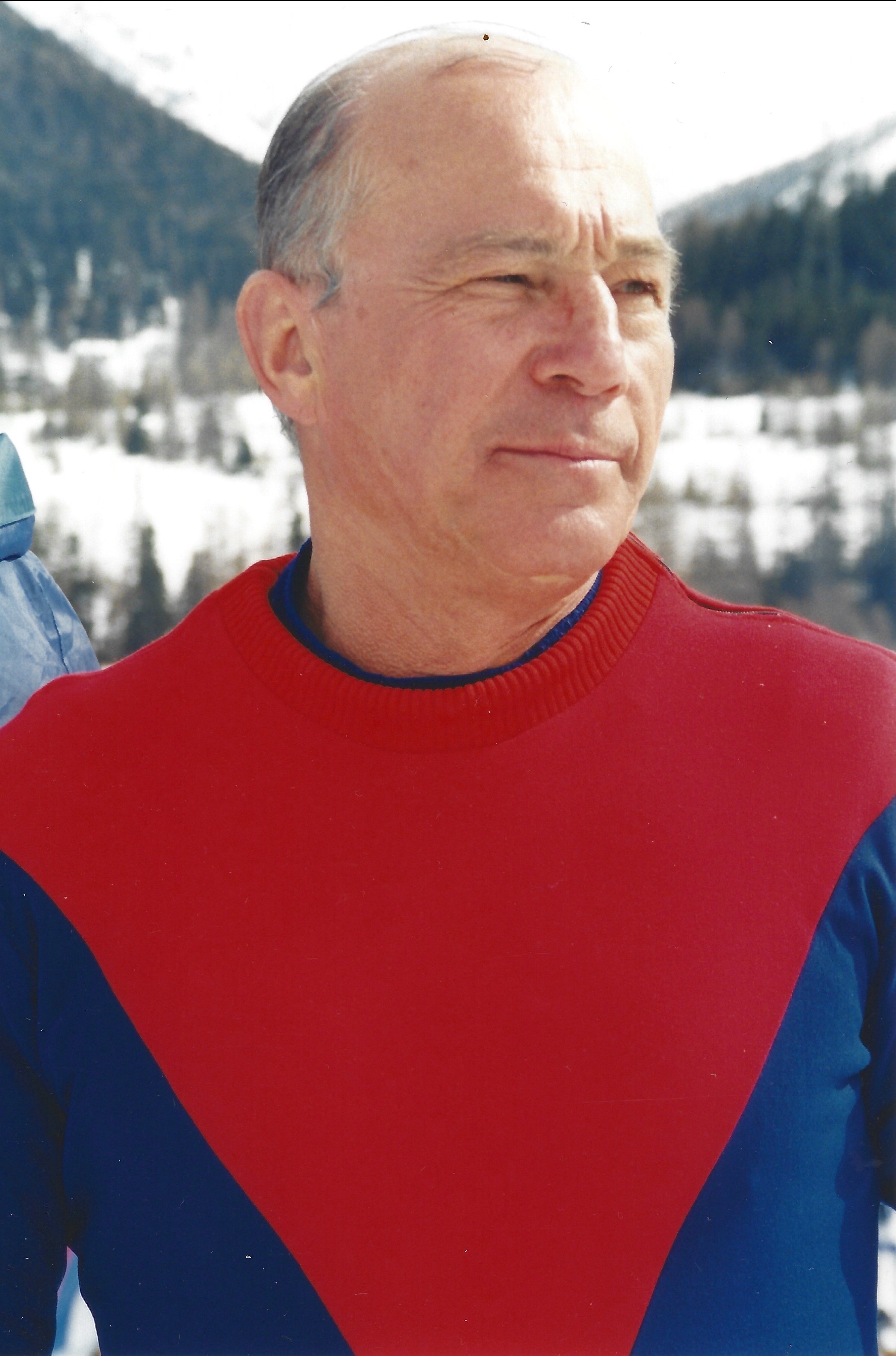
Download image
Karel Kožíšek Sr. was born on 4 November 1942 in Doubravka in Pilsen, but the family soon moved to the now defunct Karlov district. Most of the inhabitants of this workers’ colony worked in the Škoda factories, with which Karel Kožíšek, as well as his father and grandfather, connected his professional life. He describes his childhood in Karlov as very happy and adventurous. Boys at the nearby airport used to crawl through the cars of soldiers from the Second World War, get naughty with a slingshot and frolic in the countryside. In the summer they went swimming at the river, played football and in the winter they poured water over the field, making a great ice rink. All the Karlov residents also enjoyed the local Sokol. At the age of 14, Karel Kožíšek got into canoeing thanks to a friend from Karlov, which became his lifelong passion. He was one of the first members of the speed canoeing section of Plzeňské pivovary on the Radbuza River, later called the Speed Canoeing Section of TJ Prazdroj Plzeň. He succeeded at the Czechoslovak Republic Championship in 1958 and at the international regatta in Prague in 1963. He also made the national team, but did not make it to the Olympic Games. Later on, Karel Kožíšek devoted himself to young canoeists as a coach, he also led his son Karel Kožíšek Jr. to a successful sports career and his famous offspring include Olympic medallist Radek Šlouf.
